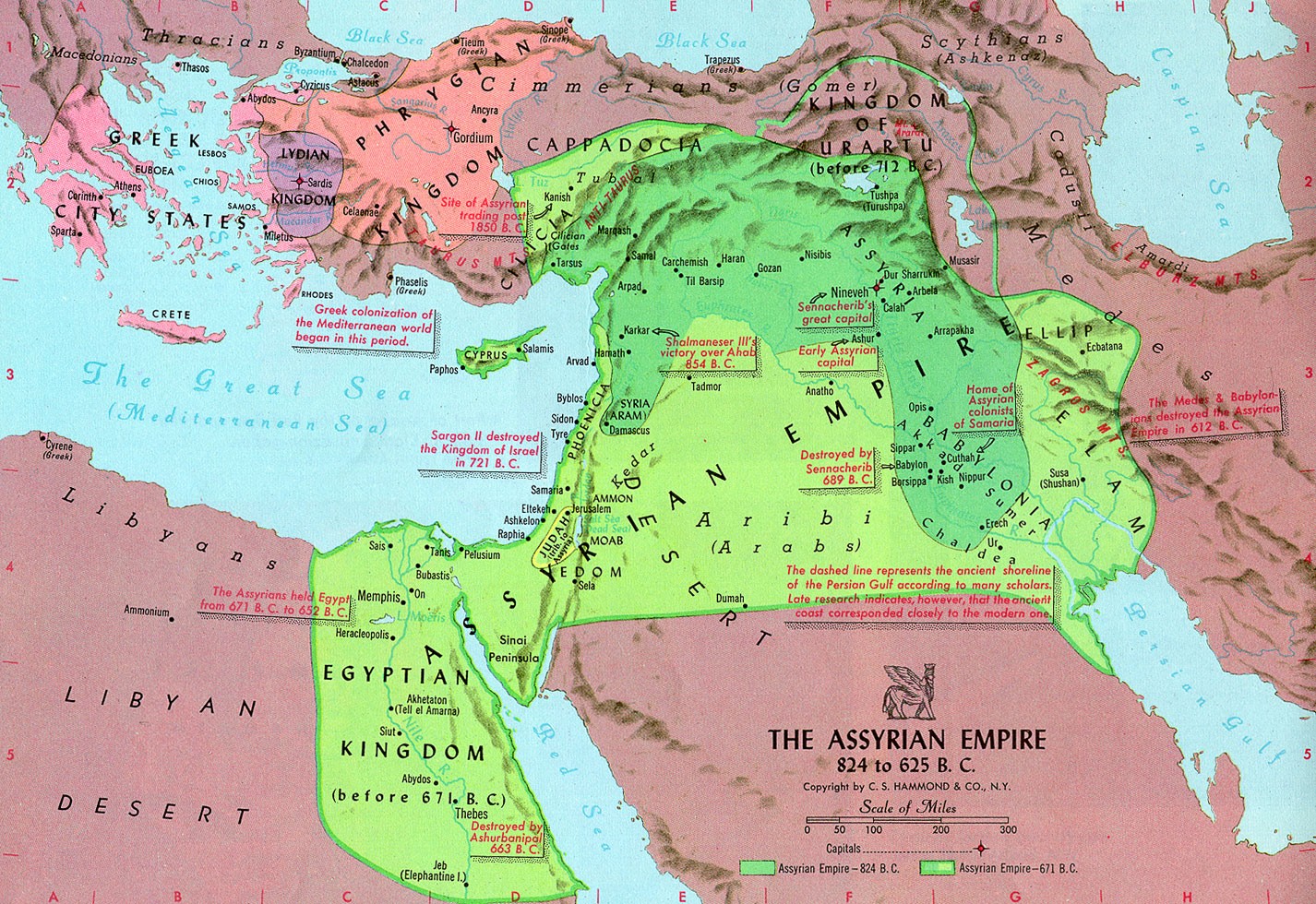you forgot Addis Ababa Ethiopia. Speaking of Ethiopia, they have a lot of similarities with China politically, Socialist in name while Fascist in practice.
"Fascist" is a term that often gets used a lot without much understanding of what it means. One reasonable definition seems to be this:
Fascists view World War I as having made liberal democracy obsolete and regard total mobilization of society led by a totalitarian single-party state as necessary for a nation to be prepared for armed conflict and to respond effectively to economic difficulties, such a totalitarian state is led by a strong leader as a dictator and a martial government composed of the members of the governing fascist party to forge national unity and maintain a stable and orderly society.And, of course, the definition is essentially one seen from the perspective of western (Anglosphere) liberal democracies, who glibly and rather self righteously preach 'democracy' to the world without any consideration of the real problems evident in western democracies.
I see two major problems. The first is that governments in western democracies tend to be run by amateurs. Second, most western democracies are really semi-democracies. They tend to offer a choice to the electors, of voting for either one of two major oligarchies, who once elected ignore the wishes of the voters and run government as their own private fiefdoms. You may then think of a third problem, the fact that most of the voters do not understand the intricacies of modern political and economic problems, so that electioneering advertising is offered at a most simplistic level. When you consider those problems, you may prefer a fascist government (Joke).
I have not studied Ethiopian politics. But I do study Chinese politics. The CPC has evolved into offering first class professional government that has succeeded in solving the problems of succession. It may be (as we outsiders study their system), that a lot of focus is currently being placed on evolving the system further to allow continual monitoring of citizen opinions on a variety or topics. This seems to be starting at the level we call local government. I recently attended a talk by a Professor from the National University of Singapore that examined four case studies of city/town level governments seeking citizen input. I cant forecast how it will turn out, but they may succeed in overcoming some of the problems that western governments are not overcoming.












